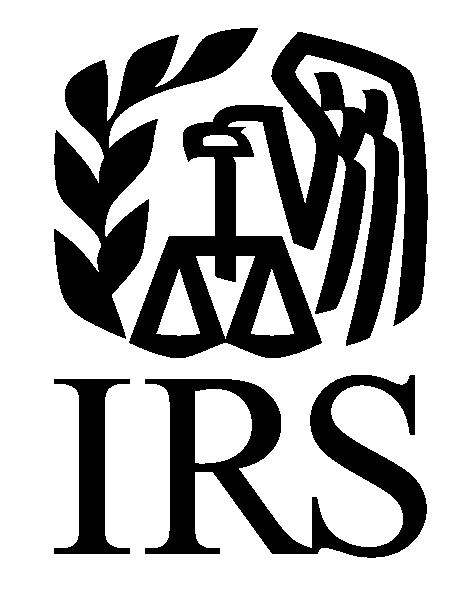 There were no churches among the religious organizations apparently targeted for heightened scrutiny by the IRS. Want to know why? Because a quirk in the law currently bars the IRS from investigating houses of worship for political activity that would warrant removal of their tax exempt status.
There were no churches among the religious organizations apparently targeted for heightened scrutiny by the IRS. Want to know why? Because a quirk in the law currently bars the IRS from investigating houses of worship for political activity that would warrant removal of their tax exempt status.
Back in 1954, your classic 501 (c) 3 non-profits (including houses of worship) were prohibited by Congress from engaging in political activity on pain of having to pay taxes. Thirty years later, out of a desire to protect the constitutional rights of churches amidst a revival of faith-based politicking, Congress passed the Church Audit Procedures Act (CAPA). Among other things, CAPA required that an audit of a church had to be approved at the level of IRS regional commissioner or higher before the agency could contact the church.
Then in 1998, Congress reorganized the IRS, replacing regions with divisions based on the constituency served. Regional commissioners were done away with, and responsibility for approving church audits was given to the director of examinations in the Division of Exempt Organizations. In 2009, a federal judge in Minnesota barred an audit approved by the director of examinations on the grounds that this violated CAPA. And so far as is known, there hasn’t been a church audit since.
That hasn’t stopped an increasing number of conservative pastors from participating in Pulpit Freedom Sunday, an election-year event that began in 2008. The pastors publicly endorse candidates as a way of protesting the 1954 law. Although cracking down on them would hardly require a special audit, the IRS, recognizing PFS for the protest it is, has wisely declined to lift tax exemptions.
CAPA’s audit rule doesn’t apply to faith-based organizations other than houses of worship — which explains the huffing and puffing of the likes of Franklin Graham (Billy Graham Evangelistic Association, Samaritan’s Purse) and Bill Donohue (Catholic League). Like it or not, these are 501 (c) 3’s that happen to be barred from engaging in politics. And they have strayed close enough to the line to have earned IRS scrutiny.





